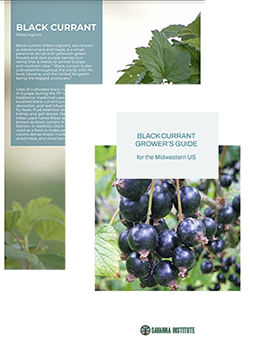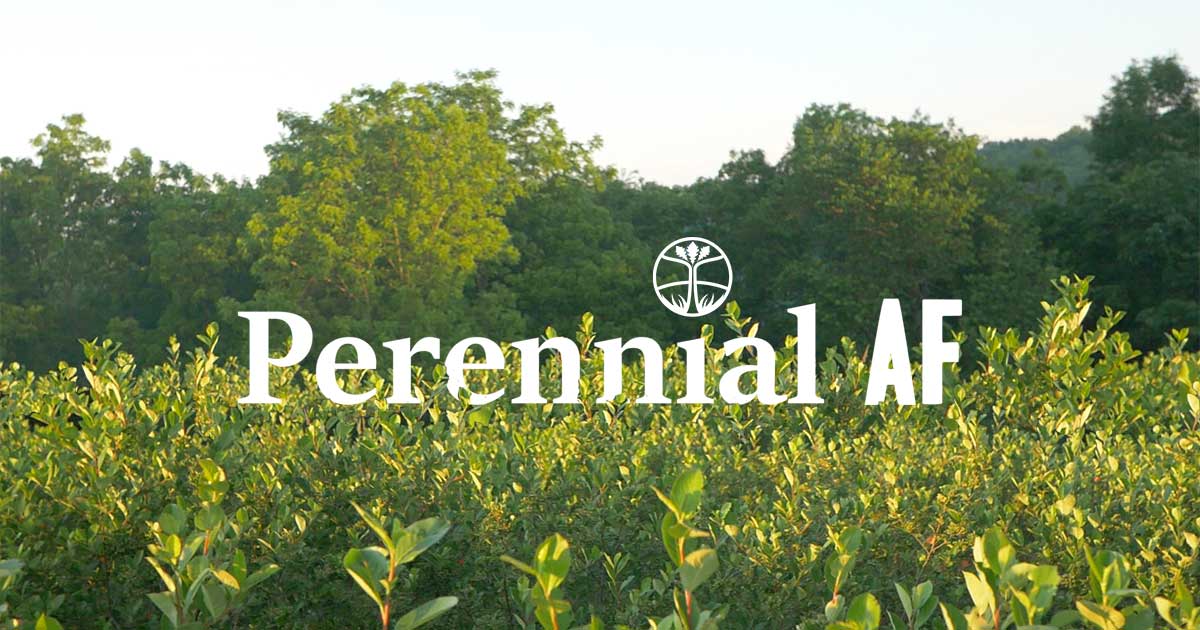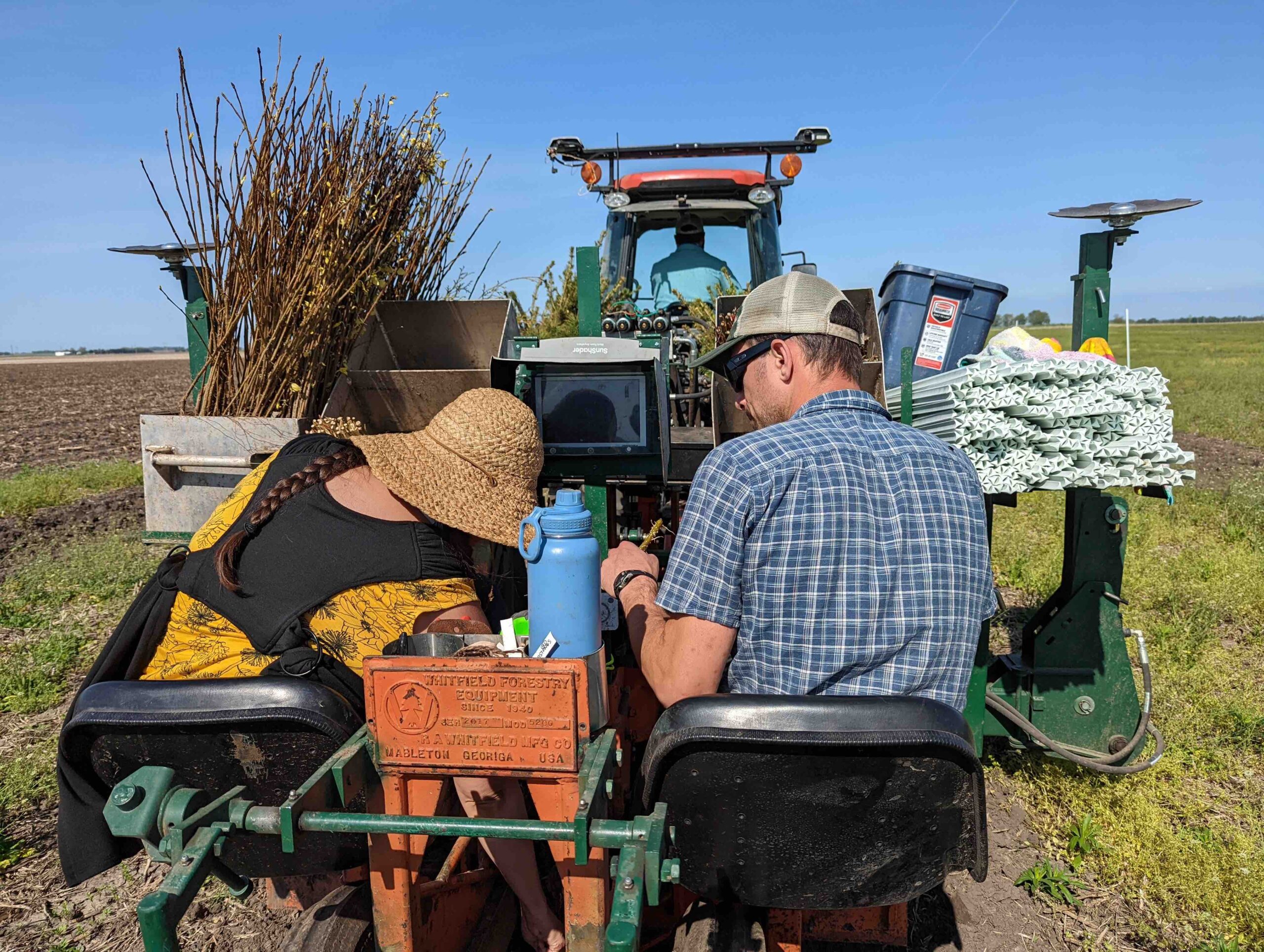Black Currants: A Superfruit for the Midwest
High in vitamin C and other antioxidants, black currants are regarded as one of the best berries for overall human health.
Buyers appreciate the dark color of the berries and their juice, and their nutrient density makes black currants a real superfood. Growers appreciate that black currants are very cold-hardy, tolerate a wide range of soils and are not a preferred food for whitetail deer. The shrub crop matures relatively quickly compared to other perennial tree crops and is suitable for machine harvest. Plus, black currants are one of the few fruits that produce well in partial shade, including under larger trees like chestnuts – making it an ideal crop for agroforestry systems.
Want to learn more about this perennial superfruit?
Black currants are rich in antioxidants like vitamin C. In fact, they have three times as much vitamin C as oranges. That means half of a cup of black currants provides your recommended daily intake.
Download Black Currant Resources
Available in English, Spanish and Hmong
Black Currant Fact Sheet
- Learn about the health benefits and history of black currants.
- Distribute this printable fact sheet at your restaurant, Farmer’s Market stand or U-Pick business.
Grower’s Guide
- Explore how black currants can fit in with your farm goals and management.
- Learn about the site suitability and preparation for growing black currants.
- Learn lessons from the mistakes of experienced growers.
Black currants are poised to become a new specialty crop in the Midwest. Their highly nutritious berries grow on small, upright shrubs, which are suitable for machine harvest.
Hear From a Grower
Profitable Berry Crops for the Upper Midwest
Blue Fruit Farm podcast with grower Jim Riddle
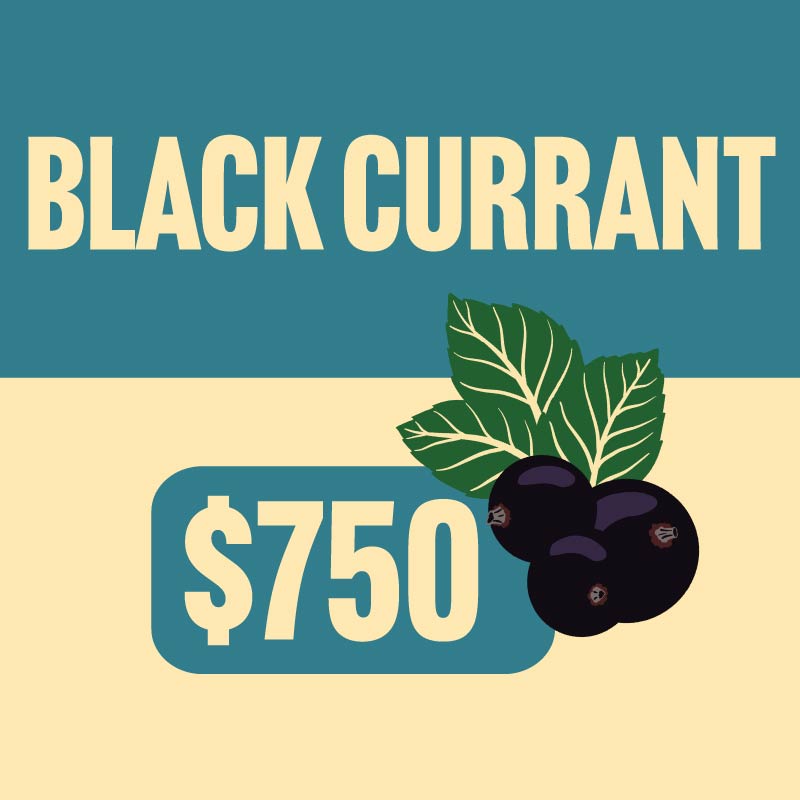
Give a gift that heals the climate
When you purchase a gift from our giving guide, you help plant more trees to draw down carbon and improve water quality for generations. Do you part to ensure a steady supply of locally-grown black currants for your favorite cocktail! Your gift from our giving guide plants over 730 black currant seedlings.
Looking for plant material?
Canopy is a perennial farm management business whose research on black currants informed these resources. Canopy’s nursery raises and sells black currants among key tree crops including: chestnut, walnut, pecan, hazelnut, heartnut, persimmon, pawpaw and elderberry. A portion of Canopy’s profits are donated to the Savanna Institute to further its research and education mission.
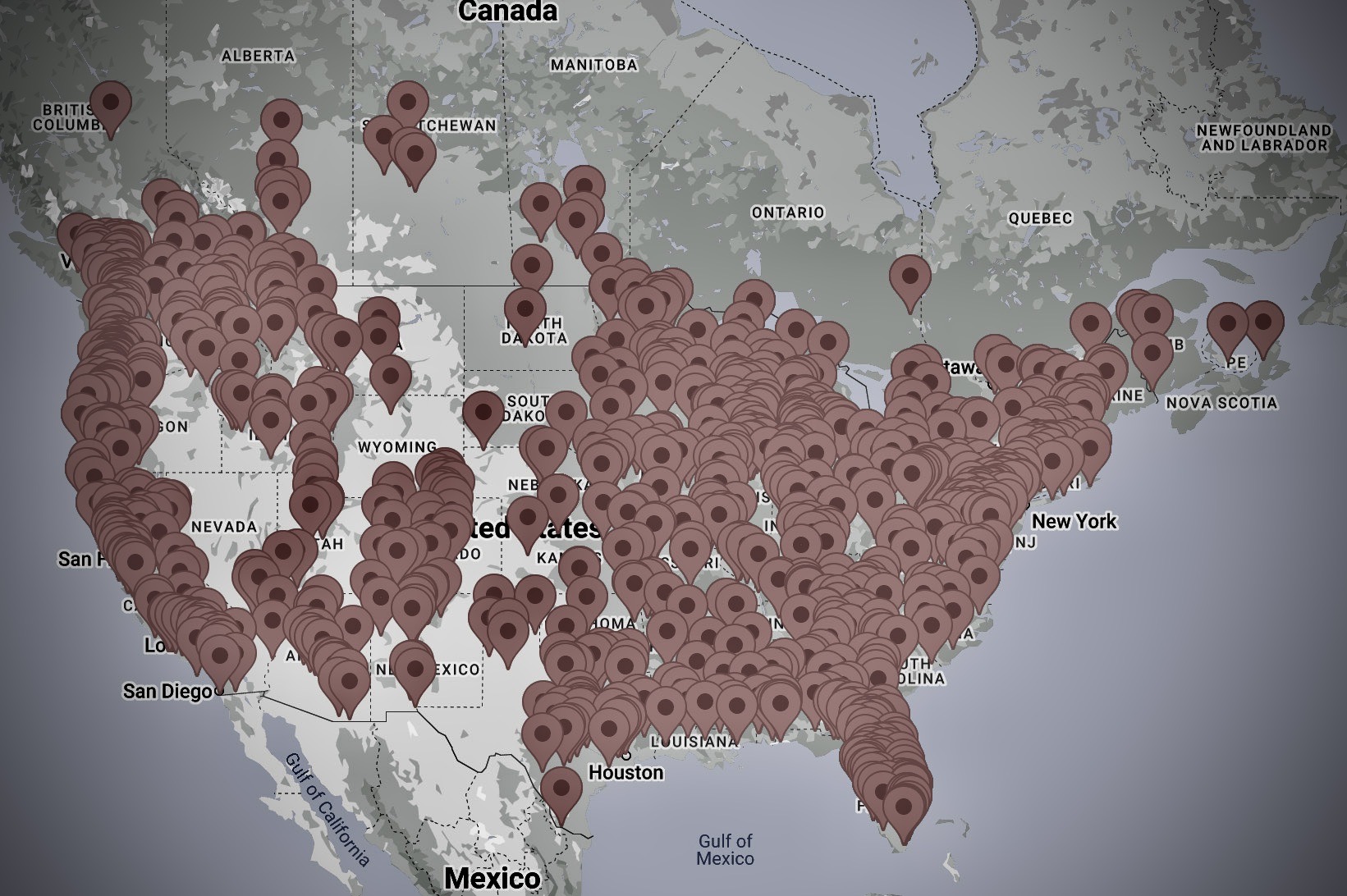
National Nursery and Seed Directory



